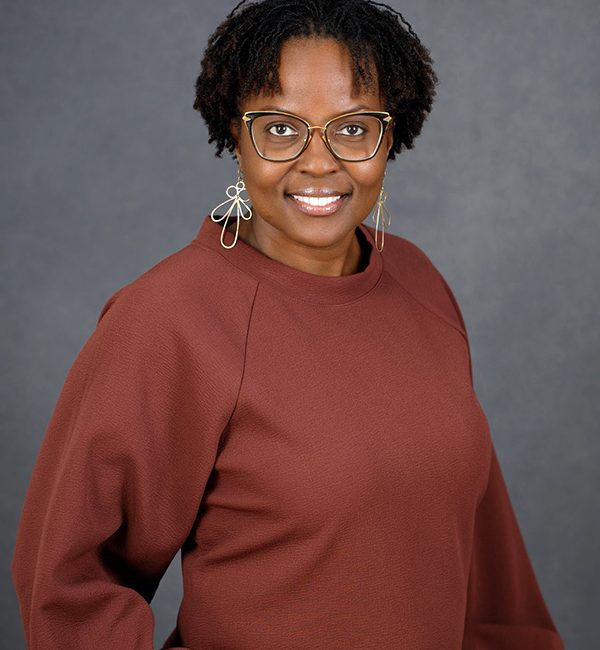
By Andre LaFontant
Angela Patton wants to transform the narrative about young black women. As the CEO of Girls For A Change, a nonprofit based in Richmond, Virginia, Patton leads programs that empower young black women to cultivate their voices, effectively communicating each of their unique stories. “My mom always emphasized being able to communicate with people about my feelings,” begins Patton. “She taught me to confront my problems with words, head-on. I prepared myself to deal with uncomfortable conversations and I try to pass that mindset onto the girls. It’s a necessary skill to effectively communicate what you want out of your career. You can’t control the narrative if everyone else speaks for you.”
Girls For A Change identifies girls in the community as early as elementary school, setting the foundation for a relationship that will carry on into their early adulthood. “You can’t just give a young girl coding lessons in the third grade and then leave her to figure it out from there. We’re in it for the long haul,” explains Patton. By way of the Girl Ambassador Program Pathways, beginning in the ninth grade and lasting throughout their high school tenure, girls are paired with a string of mentors. Having a new mentor to network with each year for four years provides the opportunity for the girls to refine and retool their career aspirations. “This model has been extraordinary for our girls,” says Patton. “My girls build the muscle of being their strongest advocate. The girls have to learn how to market themselves as they genuinely expand their network with a diverse group of mentors.”
Angela Patton’s passion for strengthening her community fuels optimism for the future. She is clearly planting the seeds for creating women like her to carry her work forward and further solidify their worth. “My aim is to create a blueprint for girls to follow and use for generations to come,” she explains. “There is nothing more powerful than knowing one’s purpose. I’m a mother, a daughter, wife, and auntie, but my purpose and role on Earth are to do this work. That purpose isn’t meant to be stuck on what it means to be a black woman today, but it’s about what that legacy could mean tomorrow. My great-grandmother would never imagine what I’ve been able to build. And yet, I’m only able to do it because of what she accomplished. For the rest of my life, I’ll be paying it back to her. Preparing black girls for the world, and the world for black girls.”


